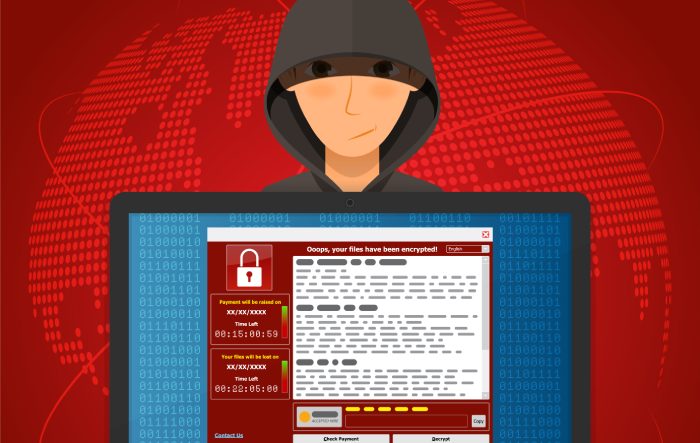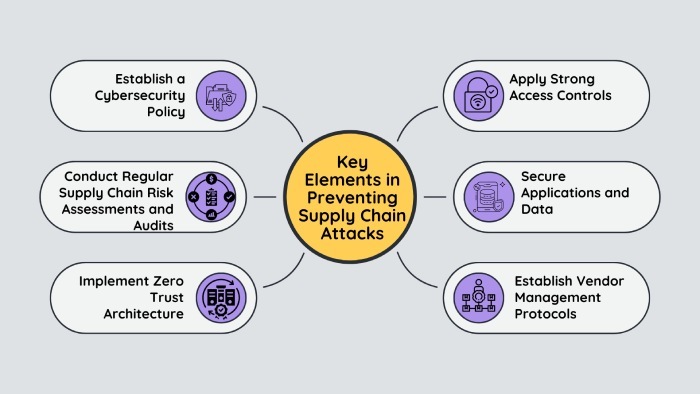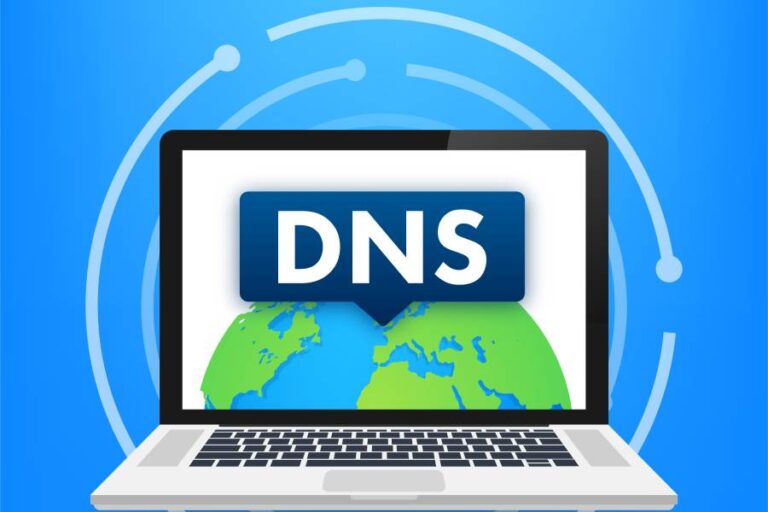DeepSeek lacks security, Japan strengthens cybersecurity, Trump’s Cyber Nominee

Hola people! We hope you have managed to keep those menacing cybercriminals at arm’s length with your knowledge and vigilance. We are back again with the third bulletin of the month. This edition will cover important topics like DeepSake’s failure to cater to security checks, Japan’s newly formed ‘Active Cyber Defense’ bill, and the nomination of the National Cyber Director of the USA.
Like every time, we will try our best to enlighten you about the latest trends in the cyber threat landscape. As always, our goal is to safeguard you and your data from the malicious attempts of threat actors.
Implementing SPF, DKIM, and DMARC is essential to protect your organization’s email domain from spoofing and phishing attacks, ensuring secure communication in an evolving cyber threat landscape.
Without any delay, let’s get started!
DeepSeek is unsuitable for business, failed multiple security checks!
More and more organizations have started incorporating AI into their everyday operations in order to increase productivity. If you are also planning to use AI, then this news is for you.
DeepSeek, an immensely popular Chinese generative AI, has failed a whopping 6400 security checks. This makes it one of the worst and riskiest Gen AI to be used by businesses and companies.

AppSOC researchers have conducted full-fledged tests on the DeepSeek R1 LLM version, and the results are quite shocking. DeepSeek failed at multiple security checkpoints. Some of the crucial failures include succumbing to malware generation, toxicity, supply chain, prompt injection, and jailbreaking. The failure rate went as high as 98%, which is a complete red flag for organizational use. The two areas of highest susceptibility for DeepSeek are malware generation and virus creation. These failures can be manipulated easily by threat actors.
Experts now believe that even though DeepSeek is affordable as compared to its AI counterparts, it is not advisable to use this AI tool as it doesn’t meet the security criteria. The majority of the enterprises don’t use a Gen AI model if the failure rate is above 2%. Considering this data, DeepSeek usage should be completely unacceptable.
DeepSeek scored 8.3 out of 10 as per the AppSOC security testing scale, where 10 stands for being the riskiest. The score alone is enough to refrain organizations from using this highly vulnerable generative AI tool.
Japan forms new ‘Active Cyber Defense’ bill to strengthen cyber landscape
Japan is all set to match strides with the US in terms of cybersecurity preparedness. The East-Asian country has just formed the all-new ‘Active Cyber Defense’ bill. It is a bold and strategic legislation that is designed to enhance the cyber-response and security mechanism of Japan. This bill allows the Japanese government to take stringent actions to curb threat attacks and prevent them well ahead of any severe damaging impact.
The bill faced certain delays last year. But it finally got presented in February 2025 and was approved by the cabinet.

The reason behind the promptness shown by Japan’s government is the state-sponsored attacks by neighboring countries since 2019. Authorities believe that this bill is going to be highly efficient in combating issues like IP espionage, ransomware, and supply chain attacks.
Former RNC official nominated by Trump as National Cyber Director
Sean Cairncross, the former chief operating officer of the RNC (Republican National Committee), has been nominated as the National Cyber Director. Cairncross will be developing as well as shaping all the crucial US cybersecurity policies under Trump’s administration. He will also be advising the president on cybersecurity matters. CISA (Cybersecurity and Information Security Agency) manages operational security and is answerable to federal agencies. On the other hand, the ONCD’s responsibility is to come up with all-encompassing, nation-centric, high-level cybersecurity mechanisms.
As the National Cyber Director, Cairncross will be coordinating and shaping national policies, ensuring a centralized federal response to anticipated cyber threats, as well as advising the President about emerging cyber risks.
Experts see the nomination of Cairncross as an important shift in Trump’s US cyber strategy. Within the last 4 weeks, Trump has made high-impact changes in the US cybersecurity industry. Immediately after swearing in as the President, Trump fired all the advisory committee members of the US Department of Homeland Security (DHS).
Trump administration has impacted the CISA as well. Recently, around 17 CISA staffers have been placed on leave.
Earlier, as the CEO of the MCC (2019-2020), Cairncross was responsible for administering the agency’s efforts to minimize poverty and push economic growth across developing nations. Prior to that, Cairncross had been the deputy assistant to President Trump. He also played the crucial role of the White House chief of staff and the chief operating officer during the 2016 election phase.
Previously the role of National Cyber Director was held by Harry Coker Jr. He was a former Naval officer and a CIA senior executive too. At present, Coker works as the Maryland Department of Commerce Secretary.






